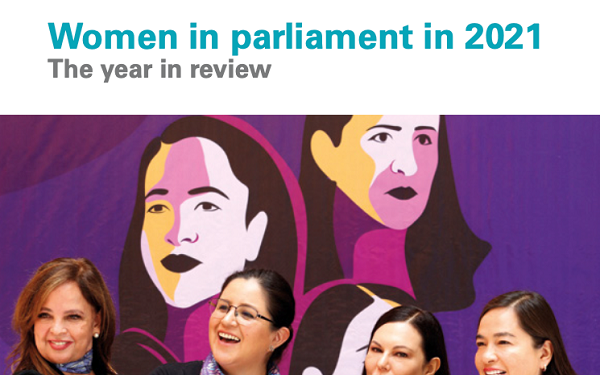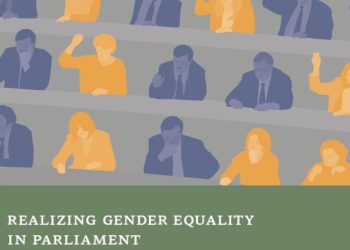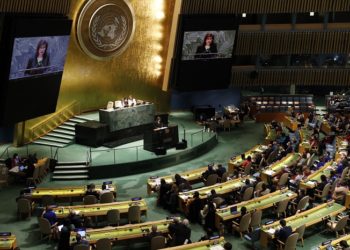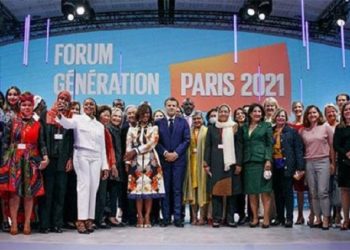According to the Inter-Parliamentary Union (IPU), the average representation of women in the world’s parliaments is 26.2%. The recent report “Women in Parliament in 2021” published by the Union states that in 2021 parliamentary elections were held in 48 countries, including Armenia. As a result of the elections, women candidates won 28.6% of the seats, compared to the previous elections, this figure has improved by 2.1%.
The representation of women in the Armenian parliament as a result of the 2021 elections is above average, making 35.5%. Armenia ranks 42nd in the Union rankings.
The authors of the report condition the increase of women’s representation with the quotas defined by the national legislation. It should be noted that in more than 138 countries of the world, including Armenia, quotas are used to ensure the representation of women in the legislature. The report notes that the quota system has played a crucial role in increasing the representation of women in parliaments in 2021. In the 30 countries with unicameral parliaments that had a statutory quota, 31.8% of women were elected. In countries with a bicameral parliament, where there was no quota, women made up 19.5%.
After the 2021 elections, the leaders with the representation of women are Nicaragua with 50.6%, Mexico with 50%, Iceland with 47.6%, Norway with 45%, Argentina with 44.8%. The quota system operates in all these countries.
According to the report, there is now either gender equality in the parliaments of the five countries, or women are represented more than men. These countries are Mexico, Nicaragua, Cuba, Rwanda, United Arab Emirates….
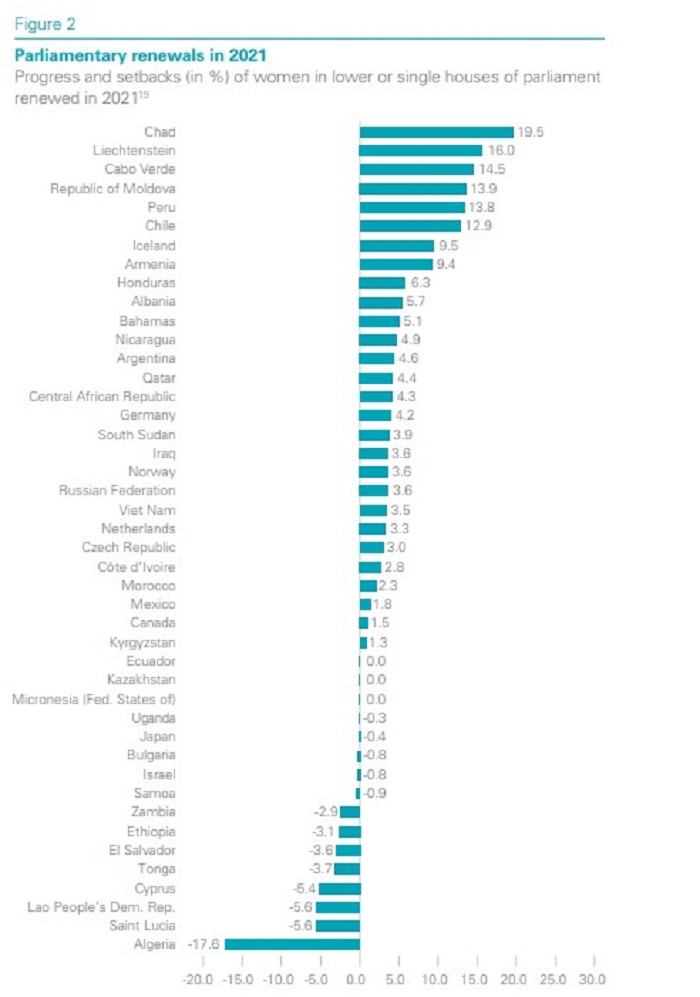
Experts note that progress has not been evenly distributed around the world. While many countries, such as Cape Verde and Peru, have made progress, others, such as Algeria, have fallen behind.
Japan and Tonga’s legislature maintains low representation of women.
Lesia Vasilenko, President of the Bureau of Women Parliamentarians of the International Parliamentary Union, said: “Every elected woman is one step closer to becoming more inclusive and representative in parliaments. But progress is still very slow, as women make up half of the world’s population! There is an urgent need to correct this in order to strengthen democracy everywhere.”
Armenia’s progress in the ranking list
According to the report, Armenia had a 9.4% increase in the representation of women in the lower legislatures with one chamber after the 2021 parliamentary elections.
After the 2021 elections, 36 or 33.6% of the 107 deputies of the RA National Assembly are women (as of May 1, 2022, 38 out of 107 deputies are women or 35.5%). It should be noted that in the National Assembly of the previous convocation women deputies made up 23.5%. 2017 After the parliamentary elections, that number was 18%.
Women in parliamentary leadership
In 2021, 73 new speakers of the parliament were elected in the world. Only 18 or 24.7% of them are women. As of January 1, 2022, women make up 22% of the speakers of parliaments, instead of 20.9% of the previous year. The improvement was 1.1%.
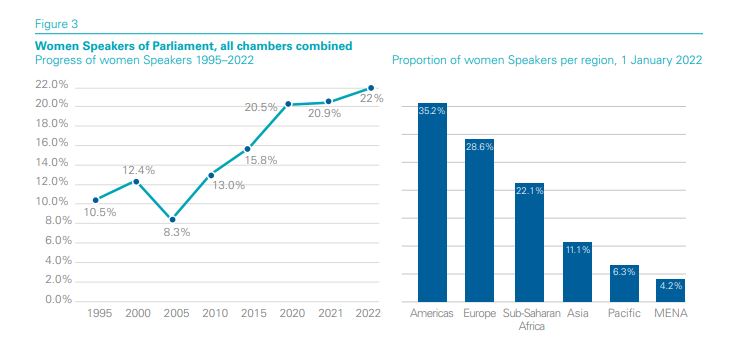
The American region is the leader in the number of female speakers with 35.2%, followed by Europe with 28.6%. There is one female speaker in each of the Middle East-North Africa and Pacific regions, with 4.2% and 6.3%, respectively.
In both countries, Honduras and Tanzania, for the first time in history, parliaments have women speakers. At the moment, only five countries have women speakers: the Bahamas, Belgium, the United States, Trinidad and Tobago, and Belize.
As of January 2022, in 43 of the 81 countries with a bicameral legislature, the speakers of both chambers are men.
The authors of the report note that despite the progress, it will take many years to achieve gender equality in parliaments, as the growth rate is very slow, less than one percent per year.




